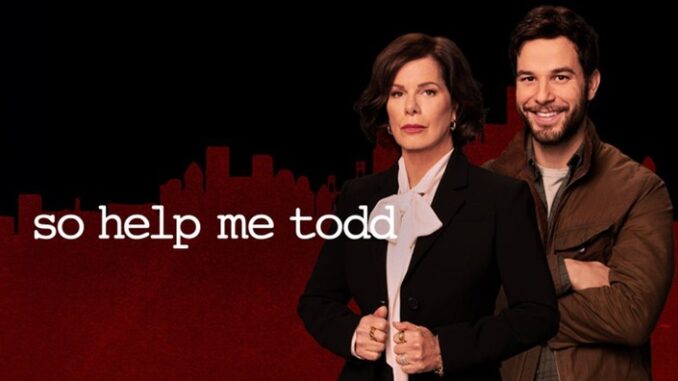
The Razor's Edge: Is Sweeney Todd a Lawless Hero?
Sweeney Todd, the Demon Barber of Fleet Street, is a figure draped in shadows and stained with blood. He haunts the theatrical imagination, a vengeful specter wielding a straight razor with deadly precision. But is he merely a monster, a bloodthirsty villain, or can we find, even within the darkness of his actions, a flicker of heroism? The question of whether Todd is a lawless hero is complex, forcing us to confront the grey areas of justice, revenge, and the corrupting power of trauma. Ultimately, while his motives may initially stem from justifiable anger, Todd’s descent into indiscriminate violence disqualifies him from the mantle of a hero, leaving him instead as a tragic figure consumed by his own darkness.
To consider Todd a hero, one must acknowledge the profound injustice he suffered. Benjamin Barker, a loving husband and father, was unjustly sentenced to transportation by the lecherous Judge Turpin, who desired his beautiful wife, Lucy. He lost everything: his family, his profession, his very identity. Upon his return to London, hardened and embittered, he becomes Sweeney Todd, a man driven by the singular purpose of revenge against Turpin and his accomplice, Beadle Bamford. In this context, his actions can be seen as a distorted form of self-defense, a desperate attempt to reclaim what was stolen from him. He operates outside the law because the law itself betrayed him. He is, in a sense, a vigilante, taking matters into his own hands when the established system failed to protect him.
However, the line between justifiable vengeance and indiscriminate slaughter is quickly blurred. While Todd's initial target is Turpin, his rage soon overflows, encompassing a wider range of victims. He rationalizes his actions by arguing that the world is rotten and corrupt, that everyone is complicit in the injustice he suffered. He sees himself as a righteous purifier, ridding London of its moral decay one throat at a time. As Mrs. Lovett astutely observes, "the history of the world, my sweet, is who gets eaten and who gets to eat." Todd believes he is merely leveling the playing field, giving the downtrodden a chance to feast on the flesh of the oppressor, even if metaphorically.
This justification, however, rings hollow. Todd’s rage becomes a consuming force, blinding him to the humanity of his victims. He indiscriminately slaughters anyone who enters his barber shop, regardless of their innocence or guilt. A young sailor, a traveling salesman, a pompous Italian barber – all become fodder for Mrs. Lovett’s meat pies. He even kills a beggar woman who, unbeknownst to him, is his wife, Lucy, driven mad by the horrors she endured after his imprisonment. This act of horrific irony underscores the destructive nature of his obsession and demonstrates the moral bankruptcy into which he has sunk.
Furthermore, Todd’s actions are not driven by a desire for justice for anyone but himself. He is not fighting to improve the lives of the poor, to reform the corrupt legal system, or to expose the injustices rampant in Victorian society. His sole focus is on his own personal vendetta. He becomes a predator, driven by a hunger for revenge that consumes him entirely. This self-centeredness undermines any potential claim to heroism. A true hero fights for the greater good, for the benefit of others. Todd, consumed by his own pain, is incapable of such altruism.
In conclusion, while the circumstances that led to Sweeney Todd’s descent into darkness are undeniably tragic, and his initial desire for revenge can be understood, his subsequent actions preclude him from being considered a hero, lawless or otherwise. He is a victim of circumstance, a man broken by the injustice he suffered. However, his inability to control his rage, his indiscriminate violence, and his self-centered focus on revenge transform him into a monster, a cautionary tale about the corrupting power of trauma and the dangers of unchecked anger. He may be a product of a lawless society, but his response to that lawlessness ultimately condemns him, leaving him a tragic figure forever haunted by the ghosts of his past and the blood on his hands. He is not a hero, but a testament to the devastating consequences of a soul consumed by vengeance.
